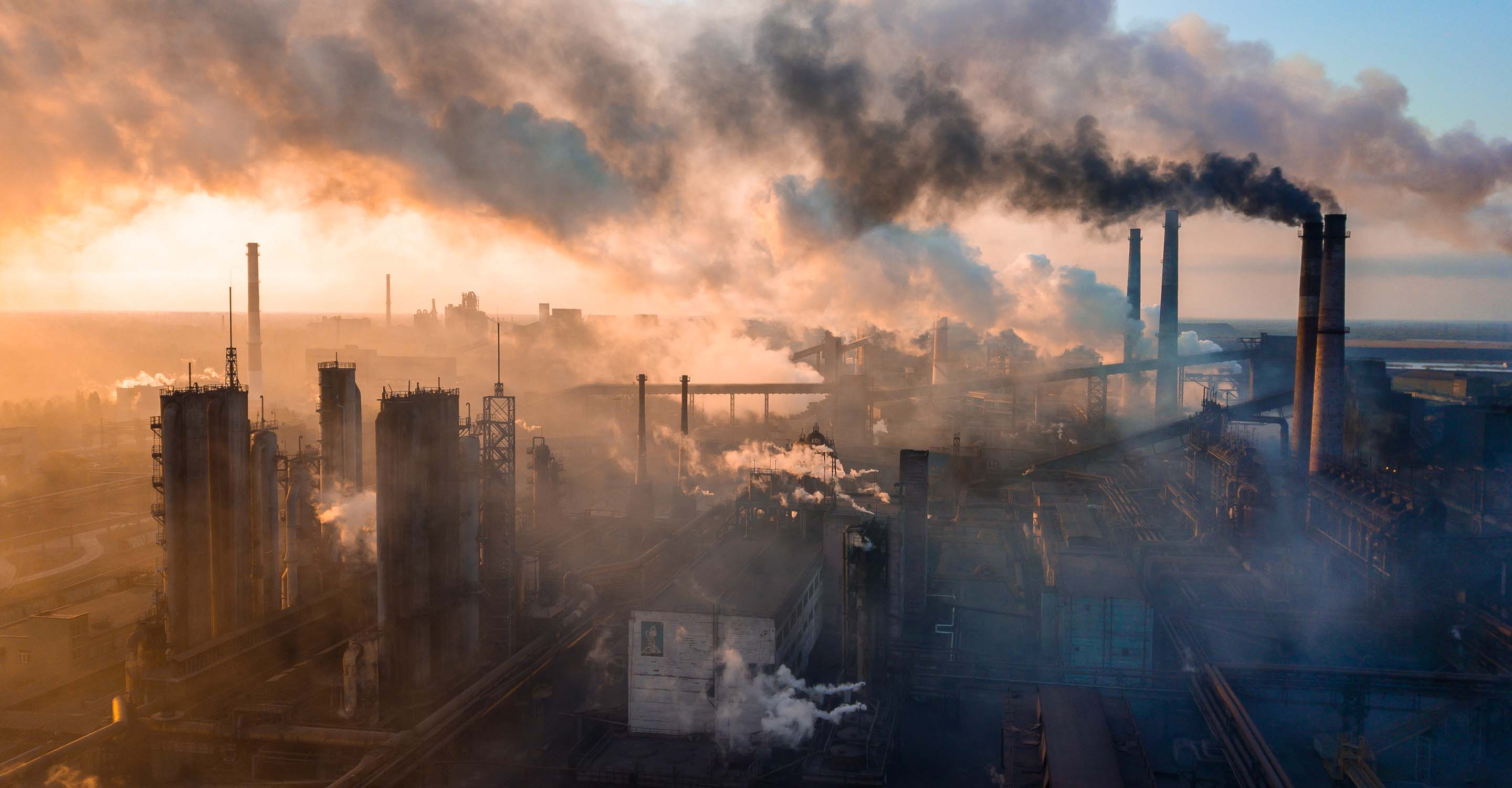Eldon Musk Moving SpaceX To Texas Over Money Dispute
Elon Musk now wants to leave the US state of Delaware with another company after a judge overturned his $56 billion pay package from Tesla. Now there are concrete relocation plans for SpaceX.

Ukraine's power plants at the mercy of Russian missiles
Russia's war on Ukraine has entered a new phase. Drone and missile attacks on Ukraine's energy infrastructure are now frequent and massive, overwhelming its current air defences.

Coral bleaching: Fourth global mass stress episode underway - US scientists
Coral around the world is turning white and even dying as recent record ocean heat takes a devastating toll.

Air Pollution: A Major Factor in Dementia Risk, Regardless of Genetic Background
Recent studies have highlighted a concerning link between air pollution and an increased risk of developing dementia, a connection that appears to hold true even for individuals without a genetic predisposition to the condition. This revelation underscores the pervasive impact of environmental factors on brain health and emphasizes the urgent need for global efforts to mitigate air pollution.

Trump trial takeaways: Historic Day 1 wraps
Former President Donald Trump appeared in Manhattan criminal court Monday, marking the first day of the first-ever criminal trial against a former U.S. president.

India signs $100bn free trade deal with four European nations
India has signed a free-trade agreement (FTA) with a group of four European countries that are not members of the European Union.

Ukraine war: No choice for Ukrainians - more Putin means more war
When Ukrainians write about Russia's presidential "election" they put the word in quote marks.

James Webb Telescope reveals stunning image of young stars
Stunning new images from the Webb Telescope revealed a massive collection of young stars in a nebula in the M33 galaxy, also known as the Triangulum. This nebula is called NGC 604 and is home to a huge star-forming region.

Redandwhitemagz.com: The Premier Destination for Liverpool FC Fans
Welcome to /Redandwhitemagz.com, the ultimate online hub created for the passionate followers of Liverpool FC. Whether you've been a fan for years or are just starting to follow the Reds, Redandwhitemagz.com provides a dynamic community for diving deep into everything related to Liverpool FC.

How To Learn Coding
Learning to code quickly involves a combination of focused study, practical application, and leveraging resources effectively. Whether you're aiming to switch careers, enhance your current job skills, or simply pursue coding as a hobby, here are strategies to accelerate your learning process:


